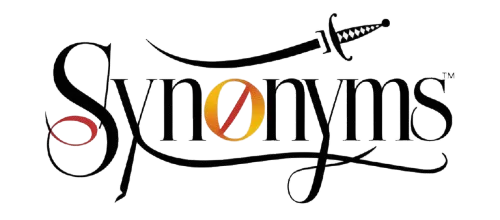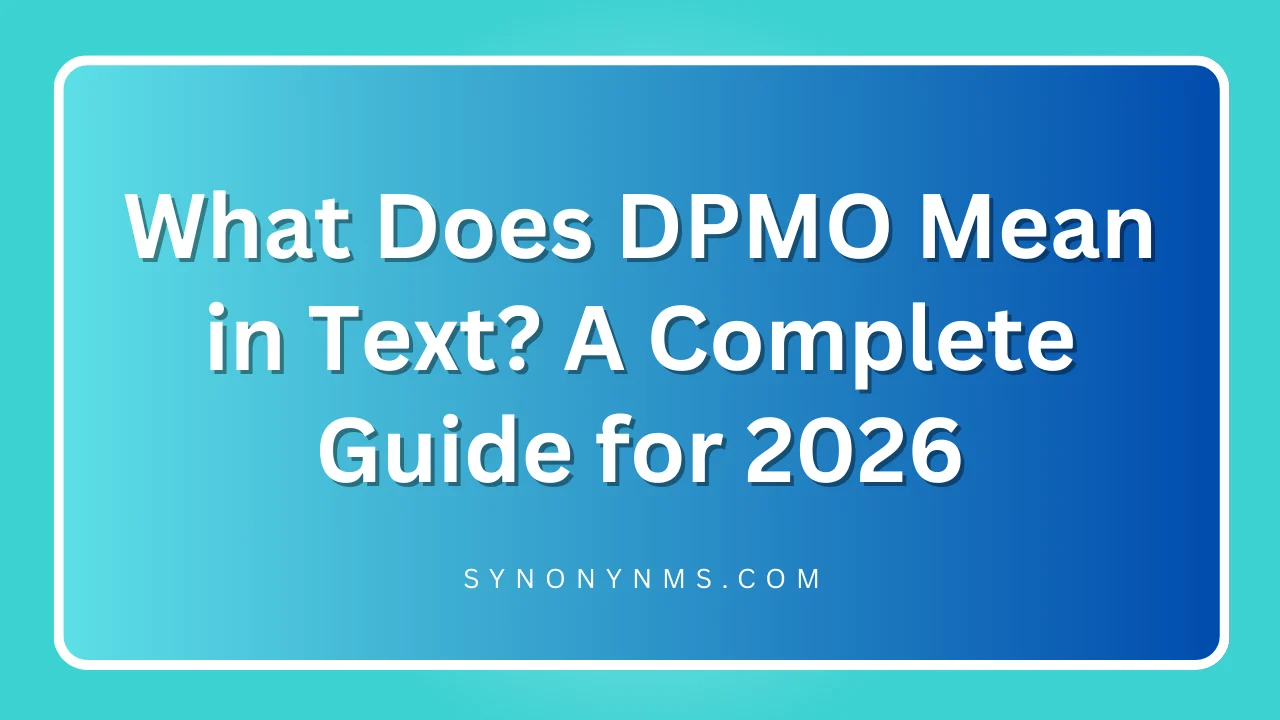When writing a resume, the phrase “communication skills” is used so often that it can start to lose its impact. Yet employers consider it one of the most essential competencies across every industry — from customer-facing roles to leadership positions. The challenge is expressing this skill in a way that sounds polished, professional, and specific to your strengths. That’s where strong, well-chosen synonyms come in.
By replacing the generic phrase with clearer, more strategic alternatives, your resume becomes more compelling and tailored to the job you want. These synonyms also show hiring managers that you understand the nuances of communication — whether it’s teamwork, presentation abilities, negotiation, or customer interaction.
Below, you’ll find 33+ powerful, resume-ready alternatives that highlight communication strengths with clarity and confidence.
Section 1: What Does “Communication Skills” Mean?
“Communication skills” describe your ability to express ideas clearly, listen effectively, collaborate with others, and convey information in a way that is understood. In a resume context, it refers to how well you interact with colleagues, clients, and stakeholders in written, verbal, or digital formats.
The tone of this phrase is neutral and professional, but because it’s so broad and overused, it doesn’t always fully capture the strength or depth of your abilities.
Section 2: When to Use It
You typically use “communication skills” when:
- summarizing strengths in a skills section,
- describing achievements in work experience,
- highlighting leadership abilities,
- outlining interaction with customers, teams, or executives.
Examples:
- “Strong communication skills used to coordinate cross-departmental projects.”
- “Excellent communication skills demonstrated through client presentations.”
However, replacing it with a more precise synonym often makes your resume more impressive.
Section 3: Is It Polite or Professional?
Yes — the phrase is professional, clear, and appropriate for resumes, LinkedIn profiles, and cover letters.
However, because it is generic, employers may overlook it. Using more specific and descriptive synonyms helps you sound confident, polished, and results-driven while still maintaining a professional tone.
Section 4: 33+ Good Synonyms for Communication Skills on a Resume
Below are strong alternatives you can use, each with meaning, tone, example, and context.
1. Interpersonal Communication
Meaning: Ability to communicate effectively with people.
Tone: Professional, collaborative.
Example: “Strong interpersonal communication used to build client trust.”
Why to Use: Highlights relationship-building abilities.
2. Professional Communication
Meaning: Clear, polished workplace interactions.
Tone: Formal.
Example: “Demonstrated professional communication in executive reporting.”
3. Verbal Communication
Meaning: Speaking skills.
Tone: Confident, direct.
Example: “Excellent verbal communication during team briefings.”
4. Written Communication
Meaning: Writing clearly and effectively.
Example: “Advanced written communication for business proposals.”
5. Presentation Skills
Meaning: Delivering information to groups.
Example: “Strong presentation skills for high-level client meetings.”
6. Public Speaking Skills
Example: “Delivered presentations to audiences of 200+.”
Why to Use: Great for leadership or training roles.
7. Active Listening
Example: “Practiced active listening to address customer concerns effectively.”
Purpose: Shows empathy and professionalism.
8. Client Communication
Example: “Managed client communication throughout project cycles.”
9. Cross-Functional Communication
Example: “Coordinated cross-functional communication between teams.”
10. Team Communication
Example: “Facilitated team communication to streamline workflow.”
11. Clear and Concise Messaging
Example: “Produced concise messaging for internal documentation.”
12. Business Correspondence
Example: “Handled business correspondence with partners and vendors.”
13. Negotiation Skills
Example: “Applied negotiation skills to secure cost-effective contracts.”
14. Conflict Resolution Skills
Example: “Used conflict-resolution techniques to mediate team disagreements.”
15. Collaboration Skills
Example: “Strong collaboration skills in cross-department projects.”
16. Relationship-Building Skills
Example: “Built strong relationships with long-term clients.”
17. Interpersonal Skills
Example: “Exceptional interpersonal skills supporting team success.”
18. People Skills
Example: “Strong people skills when managing customer inquiries.”
19. Stakeholder Communication
Example: “Managed stakeholder communication for project transparency.”
20. Professional Writing Skills
Example: “Created polished reports for senior leadership.”
21. Email Communication Skills
Example: “Handled high-volume email communication with accuracy.”
22. Information Delivery Skills
Example: “Delivered complex information in a simplified manner.”
23. Articulation Skills
Example: “Clearly articulated technical concepts to non-technical clients.”
24. Instructional Communication
Example: “Provided instructional communication during staff training.”
25. Customer Service Communication
Example: “Strengthened customer service communication for improved satisfaction.”
26. Conversation Management
Example: “Managed conversations efficiently during client calls.”
27. Empathetic Communication
Example: “Used empathetic communication to address sensitive issues.”
28. Diplomatic Communication
Example: “Handled disputes using diplomatic communication.”
29. Cross-Cultural Communication
Example: “Demonstrated strong cross-cultural communication in global teams.”
30. Persuasive Communication
Example: “Used persuasive communication to influence buying decisions.”
31. Feedback Delivery Skills
Example: “Delivered constructive feedback to enhance team performance.”
32. Thoughtful Questioning Skills
Example: “Applied thoughtful questioning to uncover client needs.”
33. Influential Communication
Example: “Used influential communication to guide project direction.”
34. Communication Strategy Skills
Example: “Developed communication strategies for internal initiatives.”
35. Interdepartmental Communication
Example: “Facilitated interdepartmental communication to reduce delays.”
36. Professional Dialogue Skills
Example: “Engaged in professional dialogue with senior leadership.”
37. Message Framing Skills
Example: “Framed messages clearly for different audience types.”
Conclusion
Communication skills are essential in nearly every profession, but the key to standing out is expressing them with precision and confidence. By using more specific, strategic synonyms, you highlight the depth of your abilities and make your resume more persuasive. Whether you’re emphasizing teamwork, writing, client interaction, or leadership, these alternatives help you describe your strengths with clarity. Choose the phrases that align best with your experience and allow your professional voice to shine.
Discover More Article



